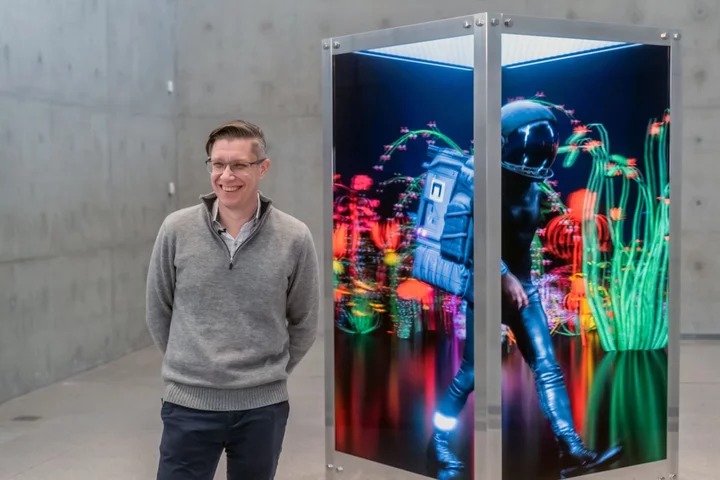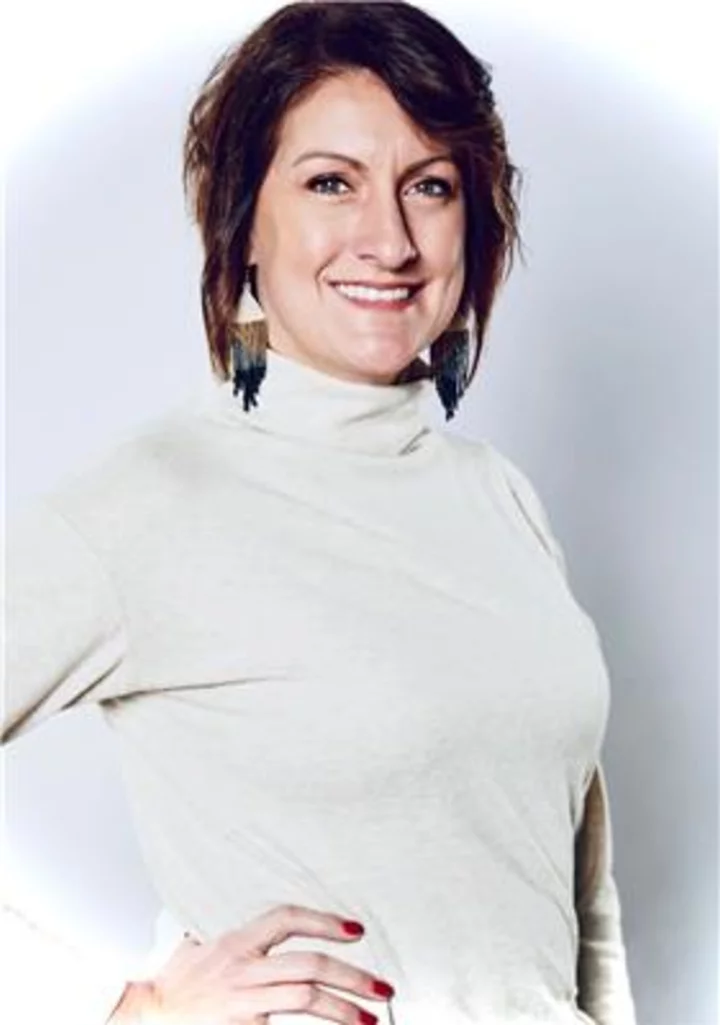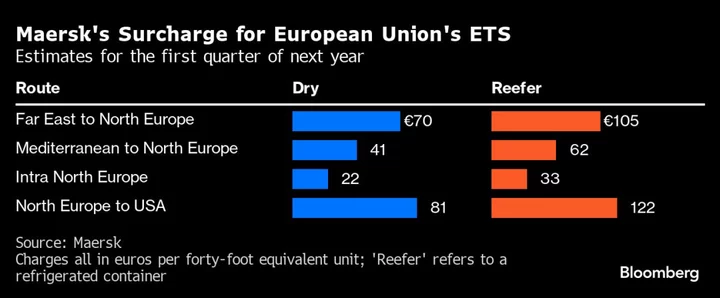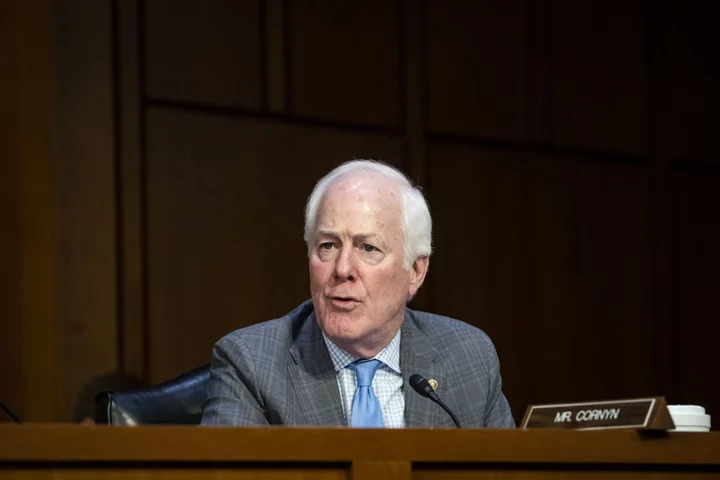The intersection of artificial intelligence and nonfungible tokens provides no simple antidote for the slump in the market for digital collectibles, according to the artist Beeple.
Proponents of AI-generated art claim it offers a new type of interactive creativity that can be tied to NFTs to potentially reignite interest in that marketplace, where activity has tumbled since a peak in 2022.
But Michael Winkelmann, better known as Beeple and famed for his Everydays NFT artwork that fetched $69.3 million in 2021, said on Bloomberg Television that “AI isn’t some sort of quick fix to give value to NFTs.”
“This is a tool that everybody now has,” he told Caroline Hyde and Ed Ludlow. “If it is something that is easy for you to do with AI and make, it probably won’t have lasting value because anybody could do that. You really still need to have something that is a truly new, innovative idea.”
A pandemic-era boom in crypto and NFT prices has given way to a prolonged bust, stirring doubts about whether the market can ever reclaim the heady levels it once hit. For instance, the Bitwise Blue-Chip NFT Collections Index has fallen over 80% from a high some 15 months ago.
Read more: NFT Prices Slump as Popular Collection Tumbles Following Debut
While “everything is down” and speculators have exited, the idea of owning digital things remains a fairly new concept, Winkelmann said.
“The people who are using this new medium to do innovative things and are sort of sticking with it, there are many of those people,” he said. “It will continue to grow and find an audience that this resonates with.”
--With assistance from Ed Ludlow and Caroline Hyde.









